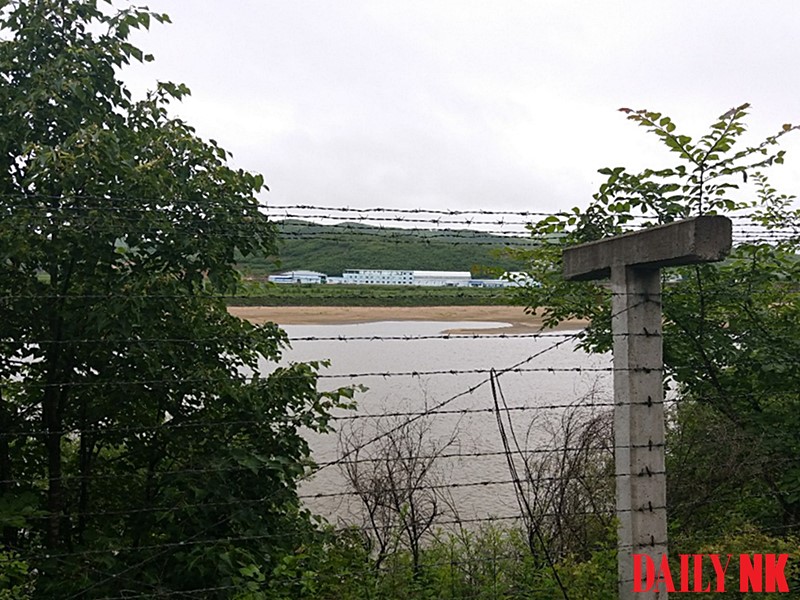
Although North Korea’s Rason city is one of the country’s major special economic zones, signs of an economic crisis are being reported.
According to multiple sources in the city, international sanctions have led to a slowdown in production in Sino-North Korean joint enterprises and factories, and some imports of Chinese raw materials have been blocked from entering the country. North Korean exports of marine products in particular have been targeted, which has led to difficulties for those in the industry.
“Imports and exports have been blocked due to sanctions. Rason’s economy is certainly not what it used to be,” said a Rason, North Hamgyong Province-based source. “Clothes and marine products can’t be sold to China, so people here are having a lot of difficulties.”
“Before the sanctions, people considered working at joint Sino-North Korean factories to be a good thing, but now most of the factories have stopped operating,” he added.
There is also less foreign currency being brought in by Chinese tourists, who would previously buy marine products in the city. The international sanctions don’t allow such products to be taken back to China.
“Octopus and other marine products brought economic success to the city, but now people are barely eking out a living through smuggling activities,” said a separate source in Rason, North Hamgyong Province.
“The raw materials needed to build greenhouses for vegetables could be imported until last year, but now it seems that the sanctions have made things harder. The price of raw materials increases if they are brought in illegally, so many people are just giving up trying to import them altogether.”
Vegetables are still allowed to be imported into North Korea and Chinese vegetables are being imported at cheap prices into the country, he said, asserting that 70% to 80% of the vegetables used by North Koreans in certain regions of the country are from China.
The influx of cheap Chinese vegetables has been another factor leading many North Koreans to abandon construction of their own greenhouses. Suspecting that their efforts will be in vain, many have given up.
The skyrocketing of some commodity prices has also added to the difficulties faced by North Koreans.
“Commodities were also expensive two years ago, but now even one kilo of bananas goes for 12 RMB so people don’t even consider buying them. The customs agents ask for outrageous bribes and this has led to skyrocketing prices for some imported products,” said an additional source in Rason.
“People are most concerned about the severity and length of the economic crisis i[here] n Rason. Everybody–the Party and the people–want sanctions relief.”




















